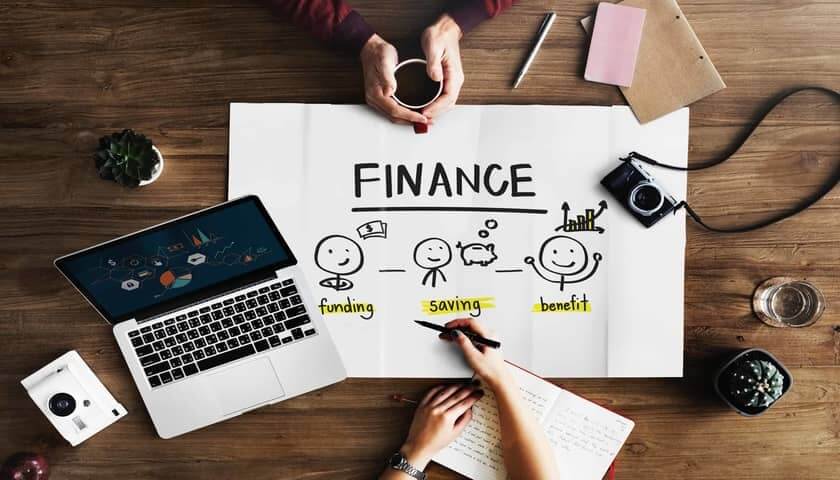Even in the era of high-tech and space tourism, our financial literacy often leaves a lot to be desired. In this article, we suggest checking to see if you’re losing money because of one of these common financial myths.
Myth #1. If you often take small loans, your credit history will be ruined
Some people try their best to avoid credit and save up for years for a smartphone, laptop, or refrigerator. The reason is that if in the future they suddenly want to take out a mortgage or a car in installments, the banks will either refuse or offer a loan at a very high-interest rate.
This is only the case if you are unable to meet your obligations. If you are disciplined in repaying the amount, however, it will only positively reflect on your credit history.
A client with a perfectly clean credit history is not a very reliable borrower in the eyes of the bank. The employees of the financial institution don’t know anything about him, and can not say how responsible a person is going to be for the undertaken obligations. A client who has taken and paid back loans regularly is more predictable.
Myth #2. It makes no sense to deposit small amounts of money at interest – it only works with millions
There is a stereotype that you should open a deposit in the bank only if you have a lot of money. Then you can live on the interest, and not even work if you do not want to. But the truth is that a bank deposit can at least beat everyday inflation, even for an account with money for operating expenses. And some banks can even charge interest on a minimum account balance.
You don’t have to open a classic deposit, which you can only withdraw at the end of the term. You can get a debit card with the appropriate function and manage your money more flexibly.
Myth #3. You should always have cash in your wallet, to have money in hand
The wallet of someone carries a dollar for good luck, someone prefers a thousand rubles or more, but in any case, the banknote is not intended to be spent under any circumstances. Someone puts a cat’s whisker or Japanese coins tied with a red string in a secret pocket and believes that this will increase income. Perhaps this approach helps someone. But to make money come in handy, it pays to adhere to the basic rules of financial literacy.
- Make mandatory expenditures first. Pay utility bills and rent, bus passes, and school or daycare fees.
- Plan your expenses for the week, month, and year. Revise your plans if your income has dropped, if you understand how to calculate your take home pay it is only good for you. Try not only to save money but also to look for additional sources of income.
- Don’t make large, spontaneous purchases. For example, if you unexpectedly receive a bonus or debt repayment. It’s better to postpone the decision for a week or a month.
- Set aside funds every month. If you put a tenth of your income or more in the piggy bank, you will quickly accumulate a financial cushion and feel more confident.
- Analyze your shopping list. If you feel you don’t have enough money, try to eliminate unnecessary expenses.
Myth #4. Save money when you have a specific goal
Some people like to save for something specific, such as a new car, an apartment, a renovation, or appliances. It seems to them that if you set aside money for nothing, then the accumulated amount will go to something useless.
Deferred funds are a base of financial literacy, a pledge of well-being, and peace of mind. In a difficult situation, a financial cushion will not allow you to take loans at high-interest rates or agree to disadvantageous terms. And if, for example, the necessary equipment or a car with a good discount will come up, you will be able to quickly make a decision and save.
Myth #5. Cash-backs and bonuses are just a marketing ploy to attract customers.
In reality, it all depends on the specific bank and the conditions of the financial product. You can always find out more about the terms and conditions before you sign up for a card and choose the option that works best for you.
Some banks offer the maximum percentage in certain categories – and if you have a car, then a good cash back at the gas station or the spare parts store will be to your advantage. Others give a small cashback on every transaction – and you get tangible savings in a month.
Knowing how to handle your money: the bottom line
Money is the reward for your hard work and the key to future prosperity. Give up credit, try not to give or borrow. Live within your means and don’t forget to set aside a portion of what you earn. Accumulate and invest your savings in long-term projects. One day you will wake up a truly rich man! Believe in this and strive to handle your money properly.



